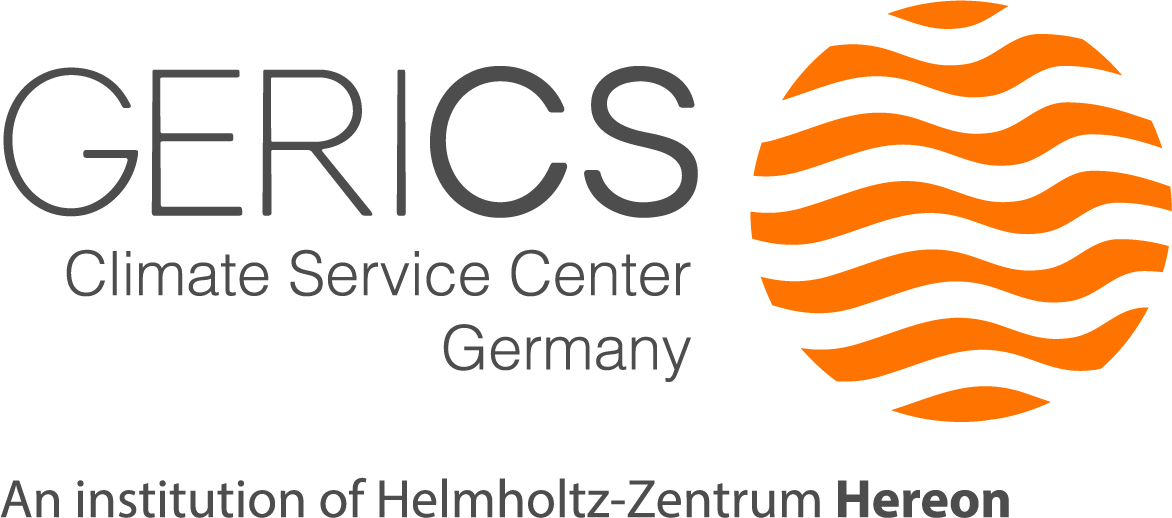Climate Extremes and Systemic Risks for Sustainable Development Pathways – can AI and modelling help?
Speaker: Prof. Dr. Markus Reichstein - Director and Scientific Member at the Max Planck Institute for Biogeochemistry, Jena; Professor of Global Geoecology at the Friedrich Schiller University Jena
Climate change is provoking ever-more extreme events, from forest fires to heatwaves, droughts, and floods. The risk of such events changes as our climate warms, and these risks interact with each other across many environmental and social systems: a heatwave can spark forest fires, which lead to air pollution, impacting public health; drought affects crop harvests, leading to price volatility; the gap between the rich and poor can widen, increasing the risk of social unrest. Yet, the rising systemic risks posed by extreme climate events are hardly considered in most countries’ strategies for working towards the United Nation’s Sustainable Development Goals (SDGs).
The key challenge of risks emerging from climate extremes is that they emerge from the continuously changing boundary conditions of global warming, such as rising global temperatures or modified circulation and rainfall patterns. Thus, models that are commonly used to assess the risks posed by discrete hazards unrelated to climate are not necessarily valid in the future, neither for directly climate-driven extreme events nor for other hazards if they interact with additional stresses posed by changing climates (e.g. sea-level rise). This presentation will elucidate this challenge and ask the question, if and which modelling approaches can be helpful for a better understanding of systemic risks. While combining system modelling with artificial intelligence into hybrid modelling approaches offers a lot of potential, there are many challenges to be addressed by future research.
Back to overview-page GERICS Online Colloquium
